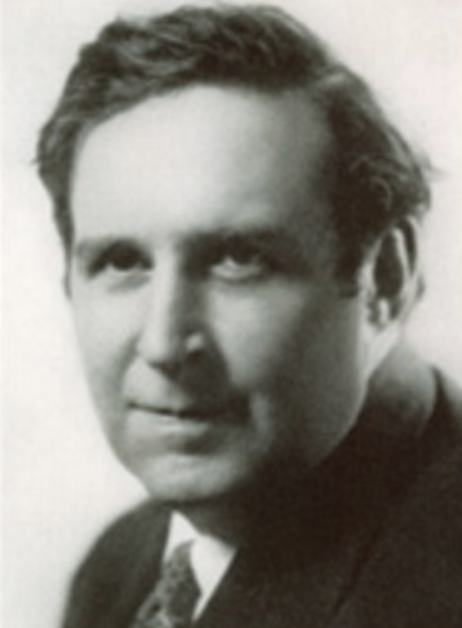On this date in 1888, journalist Heywood Campbell Broun Jr. was born in Brooklyn, N.Y. He attended Harvard University from 1906-10, where he befriended Walter Lippmann and John Reed. Broun left Harvard 10 credits short of a degree to become a sportswriter for the New York Morning Telegraph. He joined the New York Tribune and covered World War II as its correspondent in France. In 1921 he joined the New York World and debuted his column “It Seems to Me.”
He married feminist writer Ruth Hale in 1917, who a few years later co-founded the Lucy Stone League that advocated letting women keep their maiden names after marriage. They had one son, sportswriter Heywood Hale Broun. After Hale filed for divorce in 1933, he married a widowed chorus girl named Maria Incoronata Fruscella Dooley (stage name Connie Madison) in 1935.
Broun campaigned for the underdog, against censorship and racism and for women’s rights. He supported Eugene V. Debs, Margaret Sanger, D.H. Lawrence and Tom Mooney, a labor leader he believed was framed in a 1916 San Francisco bombing case. Broun resigned when the World refused to run his coverage of the Sacco and Vanzetti case. In 1930 he ran unsuccessfully as a Socialist for Congress. Several years later, the Socialists expelled him for appearing on the platform with members of the Communist Party in support of Mooney and the Scottsboro Nine.
He wrote for The Nation and the New Republic and helped establish the American Newspaper Guild in 1933, which still gives out the Heywood Broun Award for news organizations showing an abiding concern for the underdog. In 1938 he co-founded the weekly tabloid Connecticut Nutmeg, soon renamed Broun’s Nutmeg.
Broun, one of the wits of the Algonquin Round Table, was said to have whispered to Tallulah Bankhead during a Broadway show in which she was starring: “Don’t look now, Tallulah, but your show’s slipping.” He wrote several books and novels, including The A.E.F. (1918), The Boy Grew Older (1922) and a biography, Anthony Comstock: Roundsman of the Lord (1927, with Margaret Leech). Christians Only: A Study in Prejudice (1931, with George Britt), showed how all-encompassing anti-Semitism was in the 1920s, with some Jews even discriminating against other Jews.
Broun played it close to the vest when publicly discussing or writing about his own religious beliefs, but among contemporaries he was widely seen as agnostic. He generally opposed stridency, even from what he called “hard-shelled” atheists: “Nobody talks so constantly about God as those who insist that there is no God.” (“A New Preface to an Old Story,” Broun’s Nutmeg, Aug. 19, 1939)
Near the end of his life, influenced by Bishop Fulton J. Sheen, he converted to Catholicism, although the sincerity of his conversion was questioned by some. He died of pneumonia at age 51 in a hospital in Kingston, N.Y. (D. 1939)


